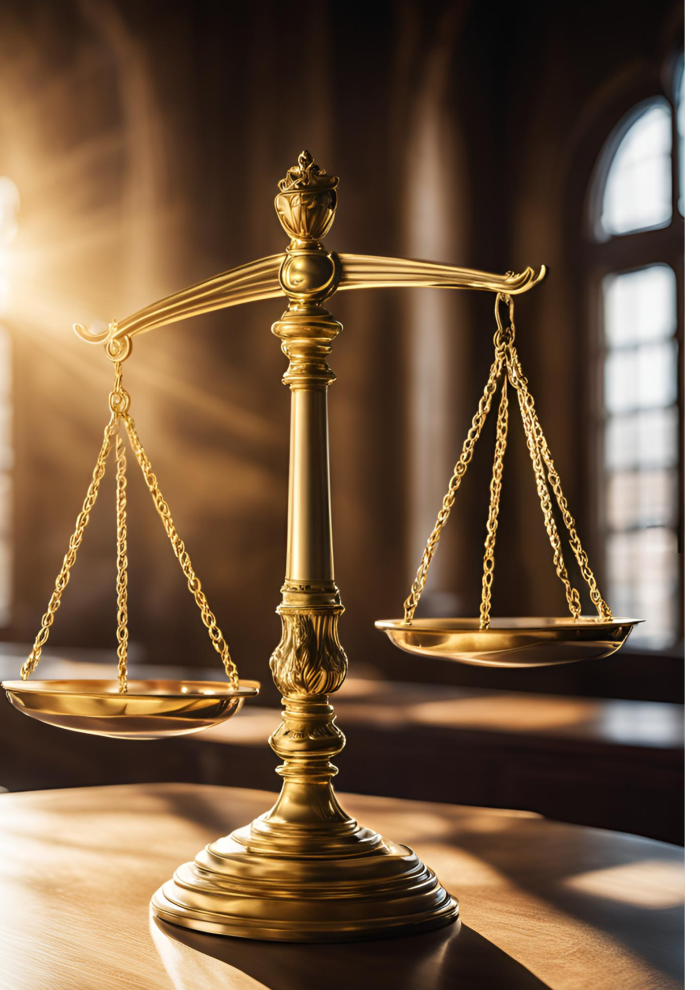Court acquits former CJN of Nigeria, after about five years of conviction on alleged corruption charges. It also ordered the government to unfreeze his account.
The Court of Appeal in Abuja has acquitted former Chief Justice of Nigeria (CJN) Walter Onnoghen. This decision marks a significant turning point in a legal saga that began in 2019. Onnoghen was previously convicted on corruption charges, which many viewed as politically motivated.
In January 2019, former President Muhammadu Buhari suspended Onnoghen. This suspension occurred shortly before the presidential election and raised eyebrows across the nation. Critics described the action as a judicial coup. The Nigerian Bar Association (NBA) condemned the suspension, asserting it threatened judicial independence.
Onnoghen’s legal troubles escalated when the Code of Conduct Tribunal (CCT) convicted him on six counts of corruption. The tribunal accused him of failing to declare his assets accurately. These charges were seen by many as an effort to undermine his position and reputation as the head of the judiciary.
Recent developments
Now, almost six years later, the Court of Appeal has reversed these convictions. A three-member panel led by Justice Mohammed Bello granted Onnoghen’s acquittal based on a settlement agreement with the federal government. This agreement resulted in the cessation of further appeals regarding his removal and conviction.
Attorney-General Prince Lateef Fagbemi played a crucial role in this decision. His intervention persuaded the court to halt ongoing proceedings against Onnoghen. As part of the settlement, the government was ordered to unfreeze Onnoghen’s bank accounts, restoring his access to his finances.
Expert opinions as court acquits former CJN
Judicial experts have reacted to the Court’s decision with a mix of relief and concern. Some see the acquittal as a restoration of justice. They blamed political maneuverings, rather than genuine legal concerns, for the original charges. A legal analyst commented, “This acquittal underscores the importance of an independent judiciary. It reflects a corrective measure against past abuses.”
However, others caution against complacency. They warn that the acquittal does not erase the political implications of Onnoghen’s initial removal. “While this decision is significant, it’s vital to remain vigilant. Political pressures on the judiciary are still very real,” stated another expert.

Leave feedback about this